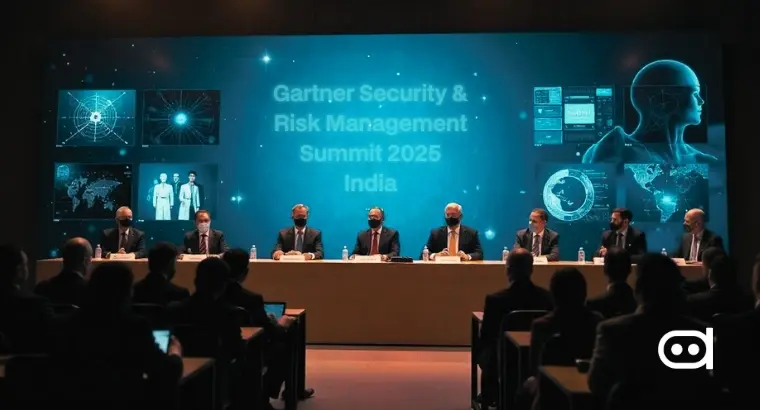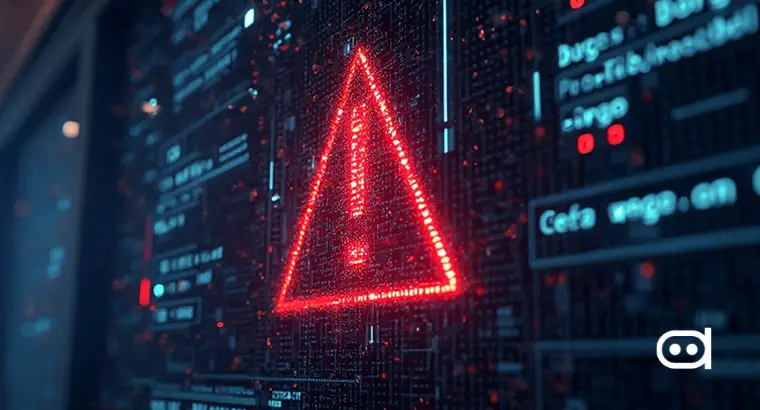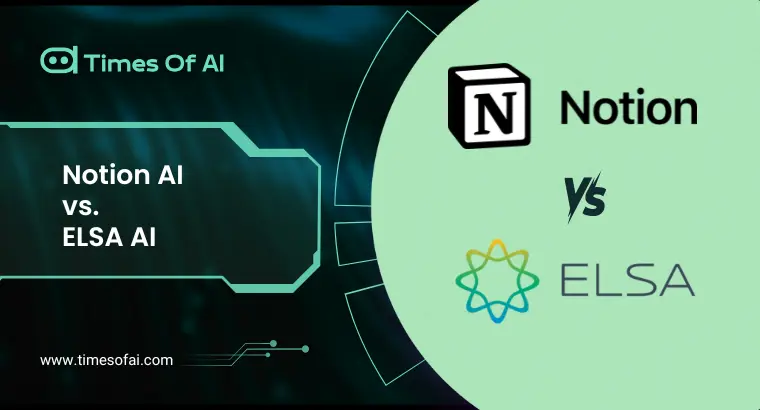
- In 2023, Singapore’s cybersecurity landscape showcased remarkable progress amidst evolving threats. The rise of AI-driven attacks highlighted vulnerabilities, compelling organizations to adopt robust defense mechanisms.
- The Cyber Security Agency of Singapore (CSA) reported a decline in phishing attempts and website defacements but emphasized the growing sophistication of cyber threats, necessitating continuous adaptation and vigilance.
Global Trends and Local Impact:
The year 2023 witnessed an escalation in the scale of global cyber threats with AI-driven cyber terrorism. A number of high-profile cases that involved ransomware campaigns, as well as data breaches demonstrated the need for robust cybersecurity measures. In Singapore, cases of hacktivist activities increased in sophistication with pro-Ukrainian and pro-Iran groups being implicated. This global-local interplay underscored Singapore’s vulnerability, calling for a multi-layered defense strategy that includes regular updates, strong access controls, and comprehensive incident response plans.
AI: A Double-Edged Sword in Cybersecurity
The adoption of AI was both beneficial and risky year 2023 had to show. As tools like ChatGPT illustrated ways AI could increase productivity, malicious actors took advantage of AI improvements to break down barriers to launching cyber-attacks. Tools such as WormGPT and FraudGPT have led to fears concerning phishing or malware creation. Deepfake technology has further complicated things through enabling sophisticated fraud schemes. All the same issues notwithstanding however, artificial intelligence has also promised further possibilities for security in cyberspace are concerned since it can act as a concrete system with a more effective way than traditional methods detecting blunders.
Read More : Microsoft’s AI Spending: Is Azure’s Growth Enough?
Public Awareness and Strategic Initiatives
There was public concern about cyber threats, as evidenced by CSA’s survey done in 2022. Cyber Safe Programs for seniors and students were initiatives that aimed at increasing awareness about cybersecurity across those age groups respectively. Other areas of strategic focus by CSA included improving information sharing, enhancing digital infrastructure, and fostering international cooperation, among others. Notably, a few initiatives, including the Sentinel Programme, intended to nurture young people with the capability to protect their countries’ cyberspace from criminals’ attacks on them respectively, among others. Additionally, guidelines for responsible AI use and international standards were developed, reflecting Singapore’s commitment towards addressing risks as well as benefits associated with AI.
Conclusion
Despite challenges in place during the year 2023, Singapore’s journey in cyber security was marked by significant progress. As a result of global trends, the nation has been resilient, using tactical initiatives, awareness programs, and AI for defense and offense. Singapore’s commitment towards developing robust digital infrastructure as well as fostering international collaboration are key foundations for a future generation of cyber warriors. In navigating through the new complexities of cyberspace, which is fast evolving, the country should concentrate on building a resilient digital infrastructure, strengthening international ties, and cultivating potential cyber defenders. In an interconnected world that has become more complex over time, constant adaptation, vigilance and collaboration are important in maintaining cybersecurity.
Latest News :
Revolutionizing Microchip Manufacturing with Smart Water Automation
Unlocking Industrial Potential: Cisco and Rockwell’s APAC Partnership
IGT Solutions and AuxoAI Launch IGTx: Transforming Travel with AI









